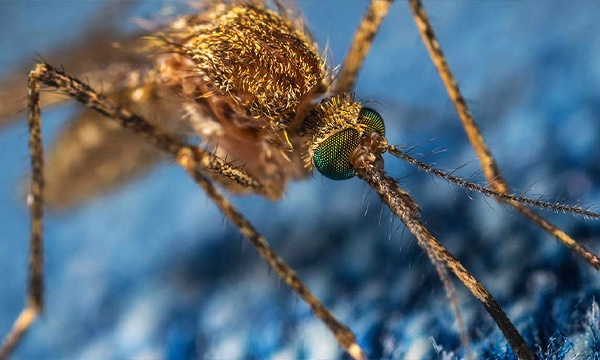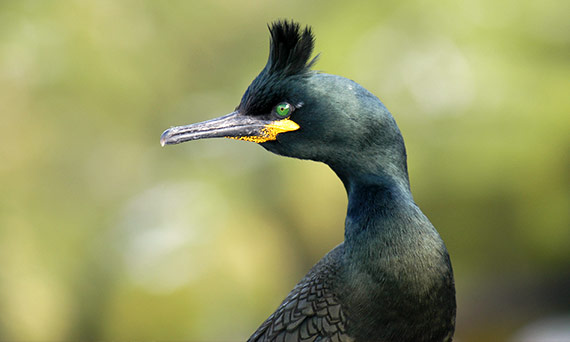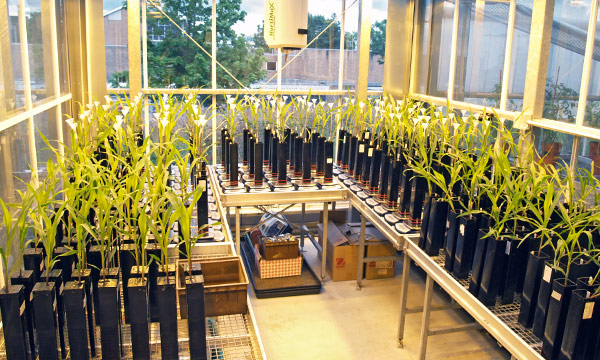Research
Bioscience research at Lancaster University is split between two departments - Biomedical and Life Sciences and Lancaster Environment Centre. Each department has their own specialities and brings their own unique expertise to create ground-breaking research.







